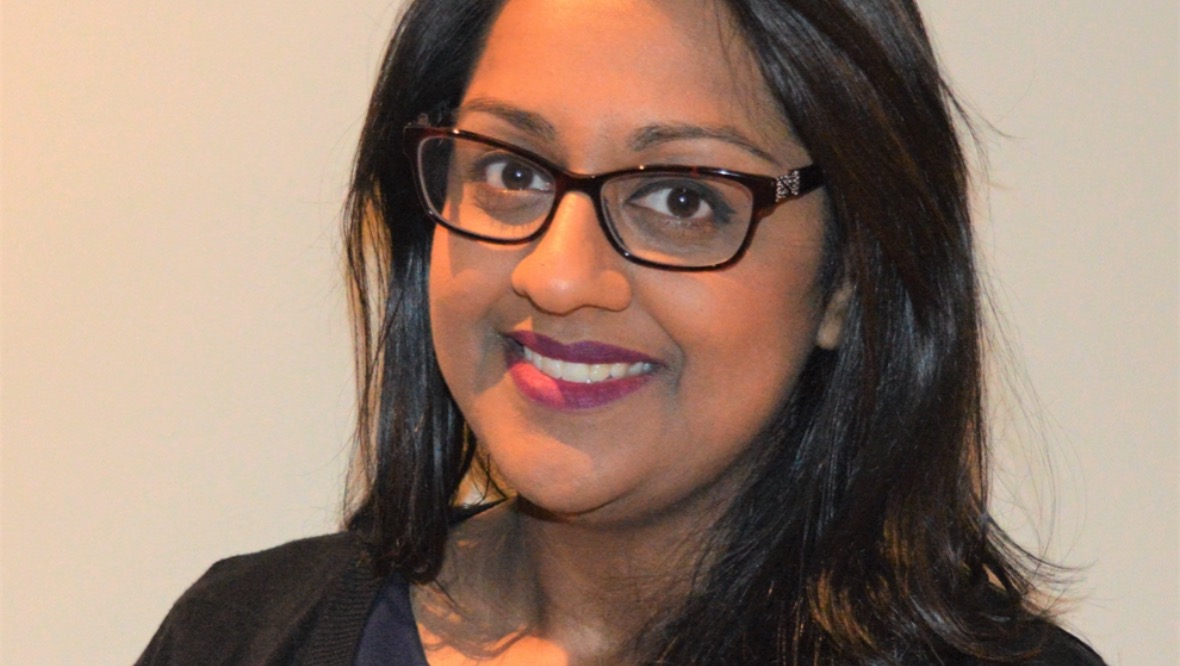Becoming a person called on by journalists to give my take on politics or issues around inequality was never a role I set out to have, it was never a career ambition.
In fact, when the calls first started I was petrified by the very idea of it.
However, as someone who has campaigned on a range of issues from sexism in politics to inequality in education, engaging with media and raising awareness was a hugely important part of my work. So, I had to overcome my fears and take part.
However, in the years since, the way in which media operates and who is welcomed through its doors has continued to trouble me.
 Email
EmailWe hear often of “diversity” efforts by broadcasters and media bodies, however we are still to see any real action or tangible change as a consequence of these efforts.
These efforts have, to date, largely been tokenistic, without long-term investment, without accountability, without evidenced ways forward and without external expertise on how to tackle racism, sexism and bigotry within such institutions.
Whilst the work remains superficial, the problem will continue to stand; those we read about and hear from across our media are and will continue to be disproportionately white and male.
Yes, communities of colour are a minority in the Scottish population, but even a proportionate representation of this minority is not visible on our screens or in our papers.
‘We hear often of ‘diversity’ efforts by broadcasters and media bodies, however we are still to see any real action or tangible change as a consequence of these efforts.’
Talat Yaqoob
This is a problem. It created a deficit in what is analysed, how it is analysed and who trusts media.
In a time of easily spread misinformation, trust and participation in media by as wide a cross section of society as possible, is critical.
In October 2019, in recognition of all of the above, I launched Pass the Mic, an online directory of women of colour experts across a range of areas; scientists, teachers, unpaid carers, activists and more.
Admittedly, it came about as a consequence of anger and frustration at the way some in the media operated.
I had become a person on speed-dial for anything “diversity” related, despite my clear and often stated dislike of this.
On many occasions I was asked to speak about issues that I do not have expertise on, such as the experience of being a migrant.
I would reply as politely as I could muster the strength to and provide a list of brilliant people of colour they could approach instead. But it was clear that their own internal directories were lacking, so to make sure women of colour, who are so often overlooked, are equal partners in the conversation, Pass the Mic was born.
‘I had become a person on speed-dial for anything ‘diversity’ related, despite my clear and often stated dislike of this.’
Talat Yaqoob
Since its launch, the directory has grown with more than 150 experts and commentators on it.
It has also been granted funding to work with Scottish media partners, including STV, to deliver new articles and expert voices from women of colour.
Currently on the project there are 30 women with expertise in education, campaigning, social care, housing rights, environmentalism, economy and public health.
On both STV News programming and its website, their insights and commentary will be included across 2021, all in the hope that media throughout Scotland is representative and well-informed.
Talat Yaqoob
Talat Yaqoob FRSE is the founder of Pass the Mic. She is an independent consultant focusing on equalities policy, social research and civic participation. She is an award-winning campaigner and is a public speaker and commentator.
Follow Talat on Twitter.
Pass the Mic
Pass the Mic works with women of colour who are experts in their field – educators, academics, researchers, campaigners, policy-makers, community activists, writers, workers, carers and many more.
It aims to make a tangible change across media in Scotland by increasing the representation of women of colour who participate in it, and by improving how women of colour and the issues that impact them are talked about.
For more information on Pass the Mic, click here.



























